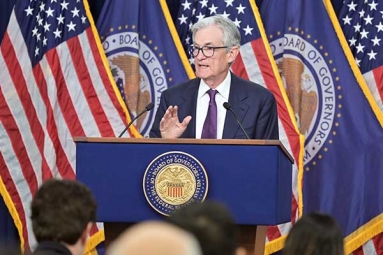Elite business class of India shall utilize this opportunity to make the best in show casing India as the best economic zone.
World Economic Forum Annual Meeting 2012 is going to be held at Davos-Klosters, Switzerland, this week from Wednesday. This is a platform which would discuss the various issues that irk the business community under the global financial crisis. The podium will also be a place to redesign strategies by taking inputs from all involved and developing a unique strategy ideal for the individualistic needs. The five-day World Economic Forum annual congregation will have the rich participation from almost all the countries. And from India more than 100 business houses are going to represent at the mammoth business gathering. But the only issue from the Indian perspective is, will the stalwarts be able to successfully present the Indian progress to attract further investments in to the country. Along with this the heads must also be able to discuss the policy paralysis and slowing pace of reforms.
While the Indian team, comprising top CEOs like Mukesh Ambani, Azim Premji, Adi Godrej, Rahul Bajaj and Sunil Mittal, as also Commerce and Industry Minister Anand Sharma and Planning Commission Deputy Chairman Montek Singh Ahluwalia, will get an opportunity to present the India growth story on a global platform -- the World Economic Forum (WEF) Annual Meeting 2012 -- the discussions about global economic scenario are most likely to remain gloomy.
The summit shall highlight the contextual change at the top of minds remains the rebalancing and deleveraging that is reshaping the global economy. In the near term, this transformation is seen in the context of how developed countries will deleverage without falling back into recession and how emerging countries will curb inflation and avoid future economic bubbles. In the long term, both will play out as the population of our interdependent world not only passes 7 billion but is also interconnected through information technology on a historic scale. The net result will be transformational changes in social values, resource needs and technological advances as never before. In either context, the necessary conceptual models do not exist from which to develop a systemic understanding of the great transformations taking place now and in the future. (With inputs from the Internet-AarKay)








